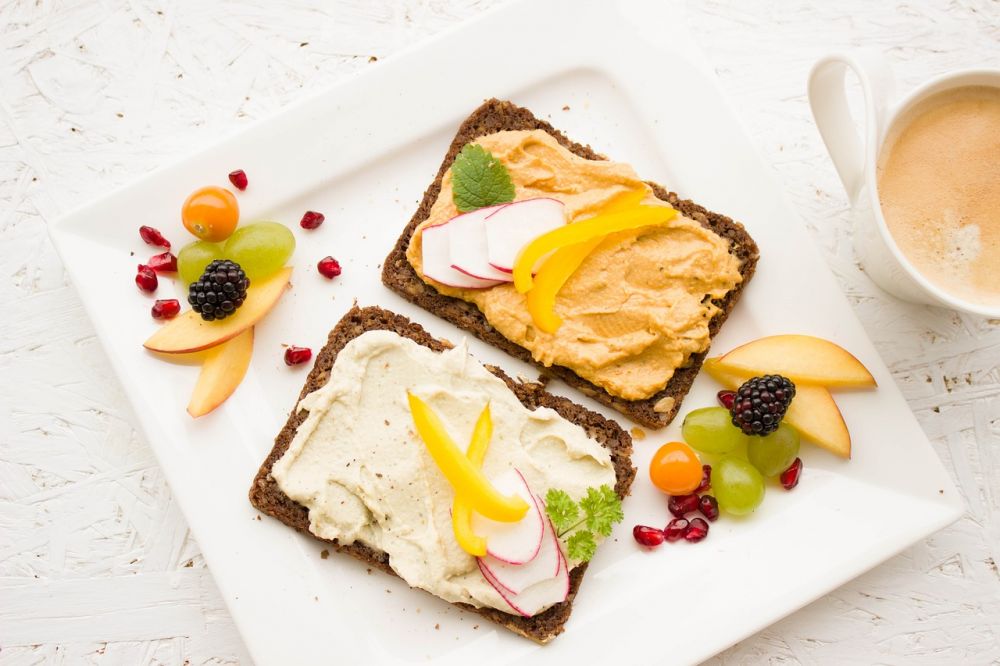Vegan Diet: A Comprehensive Overview

Introduction:
The vegan diet has gained significant popularity in recent years due to its ethical, environmental, and health benefits. This article aims to provide a thorough and detailed overview of the vegan diet, exploring its different types, popular variations, quantitative measurements, differences between them, as well as a historical analysis of their advantages and disadvantages.
1. What is a Vegan Diet?
A vegan diet is a plant-based eating pattern that excludes all animal products. It primarily focuses on consuming fruits, vegetables, legumes, grains, nuts, and seeds. The goal is to avoid any form of animal exploitation, including food products like meat, dairy, eggs, and honey, as well as non-food items like leather and fur.
2. Types and Popularity:

a) Whole Food Vegan Diet: This type emphasizes whole, unprocessed plant-based foods, avoiding refined sugars and oils. It encourages consuming whole grains, fresh fruits, vegetables, legumes, and nuts.
b) Raw Vegan Diet: Also known as raw foodism, this type involves consuming only uncooked and unprocessed plant-based foods. Advocates believe that raw foods retain more nutrients and enzymes important for digestion.
c) Junk Food Vegan Diet: This variation focuses on plant-based alternatives to popular processed foods like burgers, pizzas, and desserts. While it can technically be considered vegan, it lacks the health benefits associated with whole food and raw vegan diets.
3. Quantitative Measurements:
a) Macronutrients: A well-planned vegan diet can provide all essential macronutrients, including carbohydrates, proteins, and fats. However, it is important to ensure an adequate intake of proteins, iron, calcium, vitamin B12, and omega-3 fatty acids through alternative sources like legumes, fortified products, and supplements.
b) Environmental Impact: Research indicates that a vegan diet has a lower environmental footprint compared to animal-based diets, as it requires less land, water, and produces fewer greenhouse gas emissions.
4. Differences Between Vegan Diets:
The different types of vegan diets may vary in terms of nutrient composition, potential health benefits, and sustainability. Whole food vegan diets are generally considered the healthiest due to their emphasis on unprocessed, nutrient-dense foods. Raw vegan diets, although challenging to follow, may offer increased vitamin and enzyme content. On the other hand, junk food vegan diets may lack essential nutrients and contribute to weight gain or other health issues if not properly balanced.
5. Historical Advantages and Disadvantages:
Throughout history, vegan diets have been praised for their potential health benefits, including reduced risk of chronic diseases like heart disease, diabetes, and certain cancers. They also align with ethical considerations, promoting compassion for animals and reducing animal suffering. However, some concerns have been raised regarding nutrient deficiencies and the need for careful planning to ensure a well-rounded vegan diet.
[INSERT VIDEO HERE]
In conclusion, the vegan diet offers a wide range of options and benefits, from ethical and environmental considerations to potential health advantages. Understanding its various types, quantitative measurements, and historical perspective allows individuals to make informed decisions about adopting a vegan lifestyle. Remember to consult with a healthcare professional or registered dietitian to ensure a nutritionally balanced vegan diet.





















